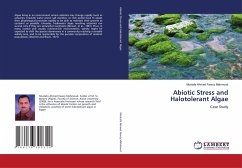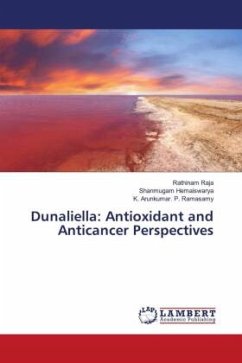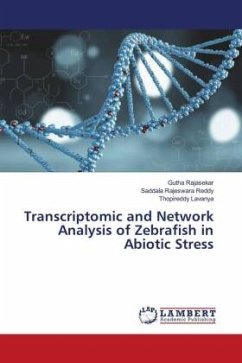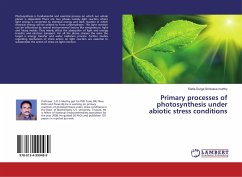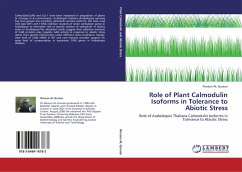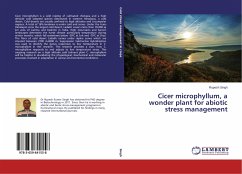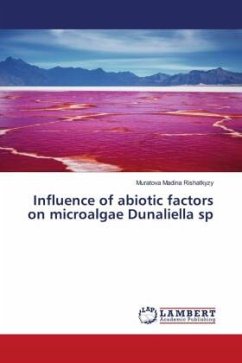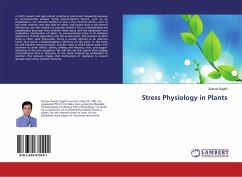Algae living in an environment where salinities may change rapidly (such as estuaries, brackish water pond, salt marshes, or rock pools) have to adapt their physiological processes rapidly to be able to maintain their growth as constant as possible. Likewise, freshwater algae reaching estuaries can survive only if they are somewhat euryhaline (Bonian, et al., 1981). Thus, in many coastal and usually nutrient-rich environments, salinity might be expected to shift the species dominance in a community reaching a variable salinity area, and to be responsible for the peculiar composition of resident populations (Doemel and Brock, 1977).
Bitte wählen Sie Ihr Anliegen aus.
Rechnungen
Retourenschein anfordern
Bestellstatus
Storno

